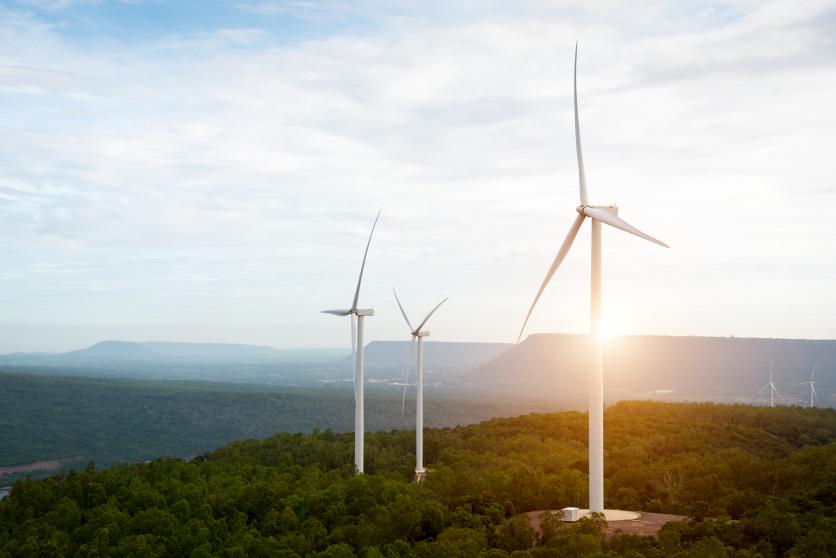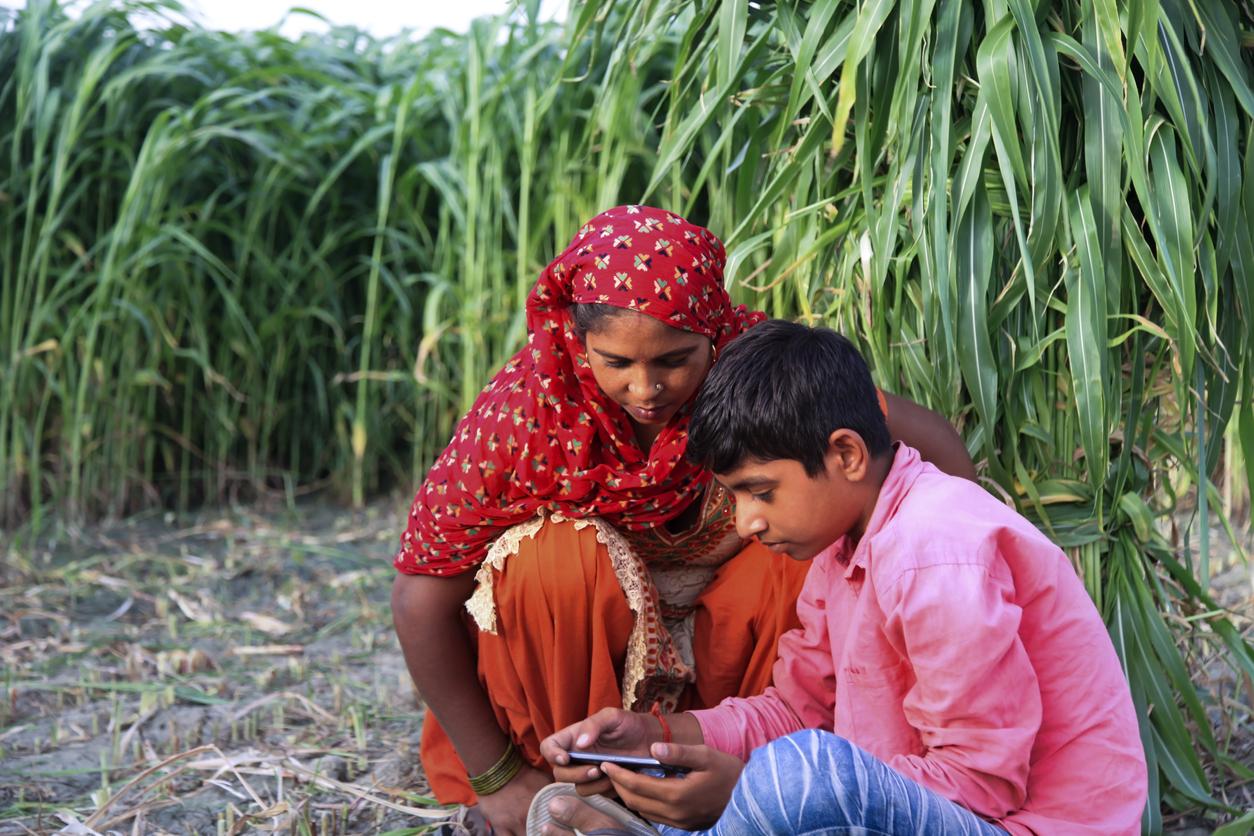Themes
Scenarios
The challenge
Understanding the highly complex intrication between ecosystems dynamics and human activity, assessing the key drivers of the transition at global level, as well as estimating climate and nature related vulnerabilities at national level are some of critical challenges facing decision-makers. Unlike predictions that seek the most likely outcome in well-understood, stable conditions, scenario analysis explores a spectrum of potential futures based on specific ‘what if’ questions.
Scenario analysis leverages assumptions to navigate uncertainties, offering a structured exploration of various possible developments without necessitating exact forecasts. It enables a deeper understanding and preparation for diverse outcomes, enhancing resilience and adaptability by considering a wide range of influencing factors and their possible impacts on the future.
Scenario building can be a critical component of effective policy making, offering a structured methodology to explore and evaluate the complex interplay between environmental dynamics, human actions, and policy outcomes.
Scenarios may play pivotal roles across the various phases of the policy cycle, including agenda setting, policy design, implementation, and review. They can be divided into two main categories relevant to policymaking: exploratory and intervention scenarios.
Exploratory scenarios are useful to explore ranges of plausible futures in order to establish limit cases and assess risks for extreme situations, and to set up a policy agenda and define relevant targets.
Intervention scenarios are useful to screen a range of possible policy options and select the most appropriate one. These scenarios allow policymakers to anticipate the outcomes of different possible approaches and adapt strategies to local and national contexts, thereby enhancing the policy's relevance and efficacy.
Finally, the ex-post policy evaluation phase enables policymakers to understand how well policies have performed and whether alternative policy trajectories could have improved or worsened the current situation, in order to improve future policy choices.
 Wind turbines, Source: iStock
Wind turbines, Source: iStock
Our objectives
Our goal is to explore how scenario analysis can be useful to inform the decision-making process within Ministries of Finance, in complementarity to others analytical tools.
It includes:
- Sharing knowledge on the diversity of existing scenarios methodologies;
- Incorporating climate and nature dynamics into scenario analysis for policymaking;
- Identifying the critical steps of the policy cycle where the development a simplified vision of the dynamics of the transition can be most informative.

Focus areas
- Review of the existing methodologies for scenario building and discuss their advantages and limitations;
- Development of a methodological framework for scenario building to support decision-making of Ministries of Finance;
- Support scenario exercises at country and regional level





